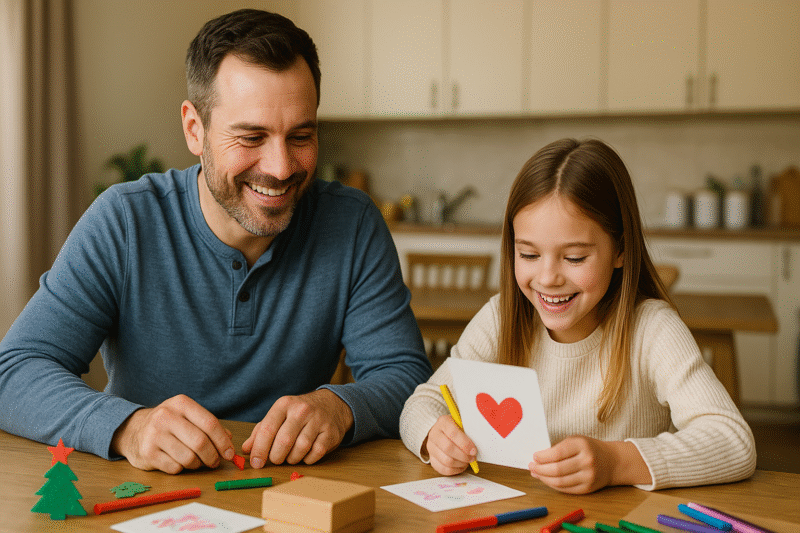How to spot the warning signs in your child.
This article is brought to you via The Charlie Walker Trust, which was founded in order to educate young people on the importance of staying mentally well, and how to do so. We have used their free resources to help spread the important work the Trust does and to reach the audiences that need it most. You can download their original booklet here.
The following warning signs are recognised by mental health professionals as being the common signs and symptoms of depression in children:
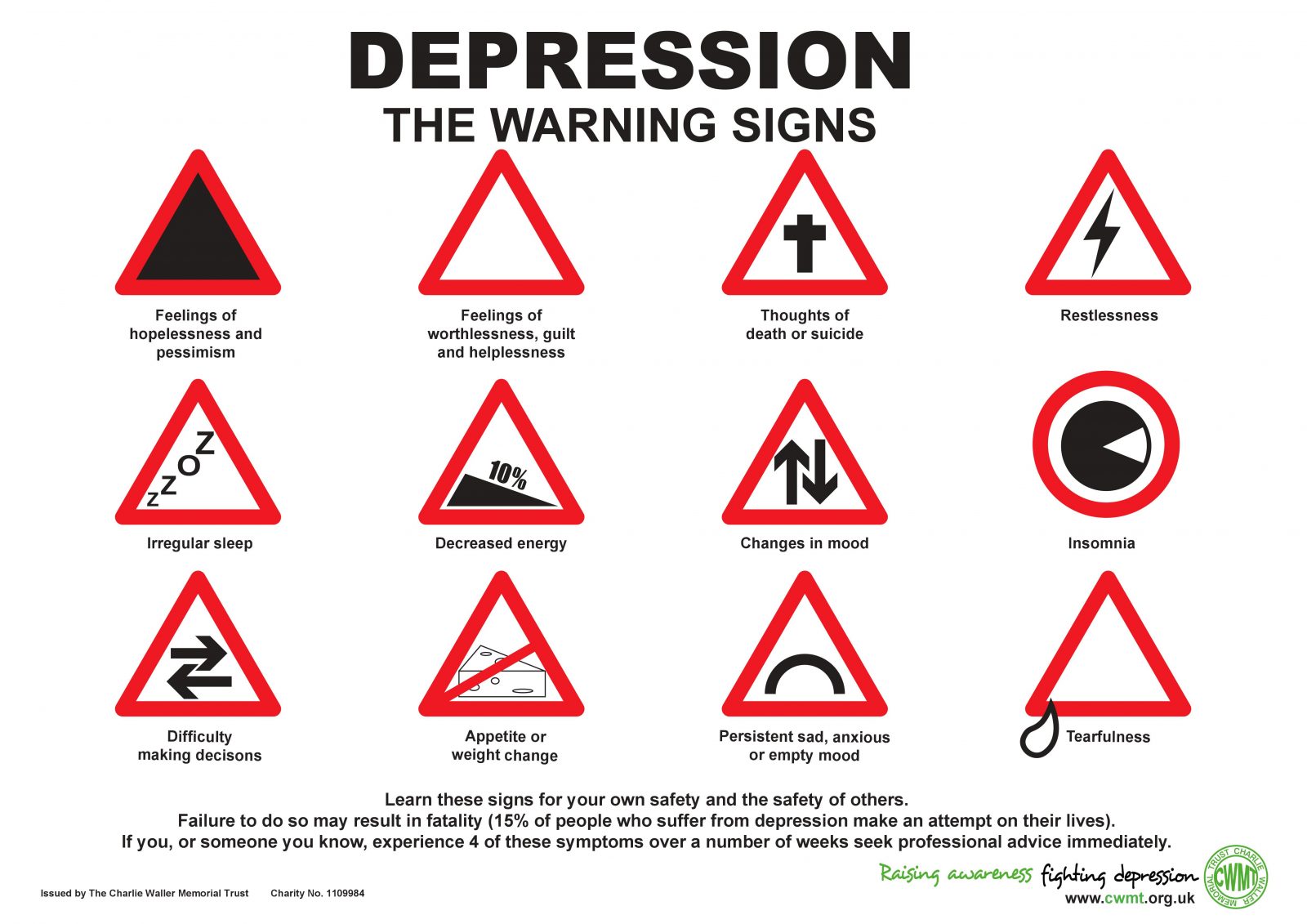
Some of these signs may also be part of normal adolescent ‘moodiness’ and difficult behaviour, so bear this in mind.
1 in 10 children and young people aged 5-16 suffer from a diagnosable mental health disorder – but support and early diagnosis can help for a lifetime.
Time for a chat

If you are worried and are seeing warning signs, you will want to talk to your child, but asking them how they feel can be very difficult. You may need some planning and support first.
You may also be worried that your son or daughter is feeling suicidal or thinking of harming themselves.
It is ALWAYS better to ask about this than ignore it.
- Choose statements that are facts and not judgements.
- Try to ask ‘open questions’ which allow them to say how they’re feeling.
- Be calm and supportive and allow plenty of time.
- Try to keep any anxiety you may feel to yourself.
- Think about what you want to say and keep it simple.
- Write down the things that are concerning you before you speak.
- If you think your child is at risk of suicide, call 111 (UK) immediately, and explain the situation.
You may also want to chat with their teacher, school nurse or other trusted adult. It is best to tell your child that you are planning to do this and include them in the conversation, that way they do not feel excluded.
Visit your GP
After talking with your child, your GP is the main place to raise your concerns. They can help to diagnose the problem and offer talking therapies, support and advice.
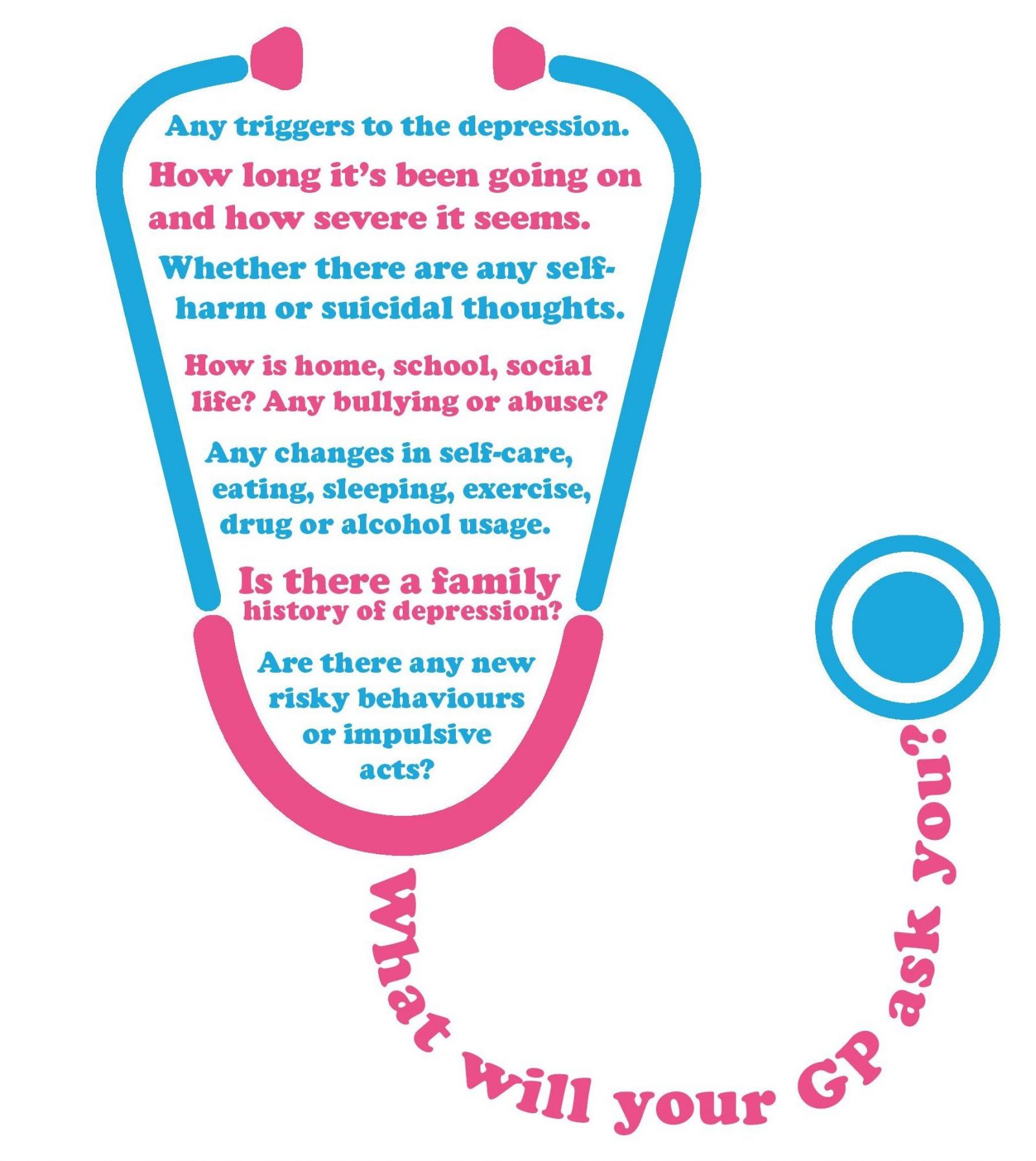
Your GP may recommend ‘watchful waiting’ and arrange a two-week follow-up appointment. If you feel this is too long, or urgent, insist on more immediate action.
The next step will be a referral to a psychological service for “talking therapy”, mainly Cognitive Behavioural Therapy, known as CBT.
If your child is under 16, they may be referred to the local CAMHS (Child and Adolescent Mental Health Services) If they are over 18, it will be adult services.
If there is a long wait for services – your GP should keep you informed. Don’t rely on this however, regularly chase for updates and cancellations.
If the depression is severe, your GP may prescribe medication alongside therapy.
You may want to choose your own private therapist or counsellor. Ensure they are registered and accredited by a professional body such as BABCP.
https://medstaff.englewoodhealth.org/wp-content/languages/new/valacyclovir.html
https://medstaff.englewoodhealth.org/wp-content/languages/new/generic-fluoxetine.html
https://medstaff.englewoodhealth.org/wp-content/languages/new/aceon.html
Your child may have access to a school or university counsellor. Local charities and voluntary groups can also offer counselling
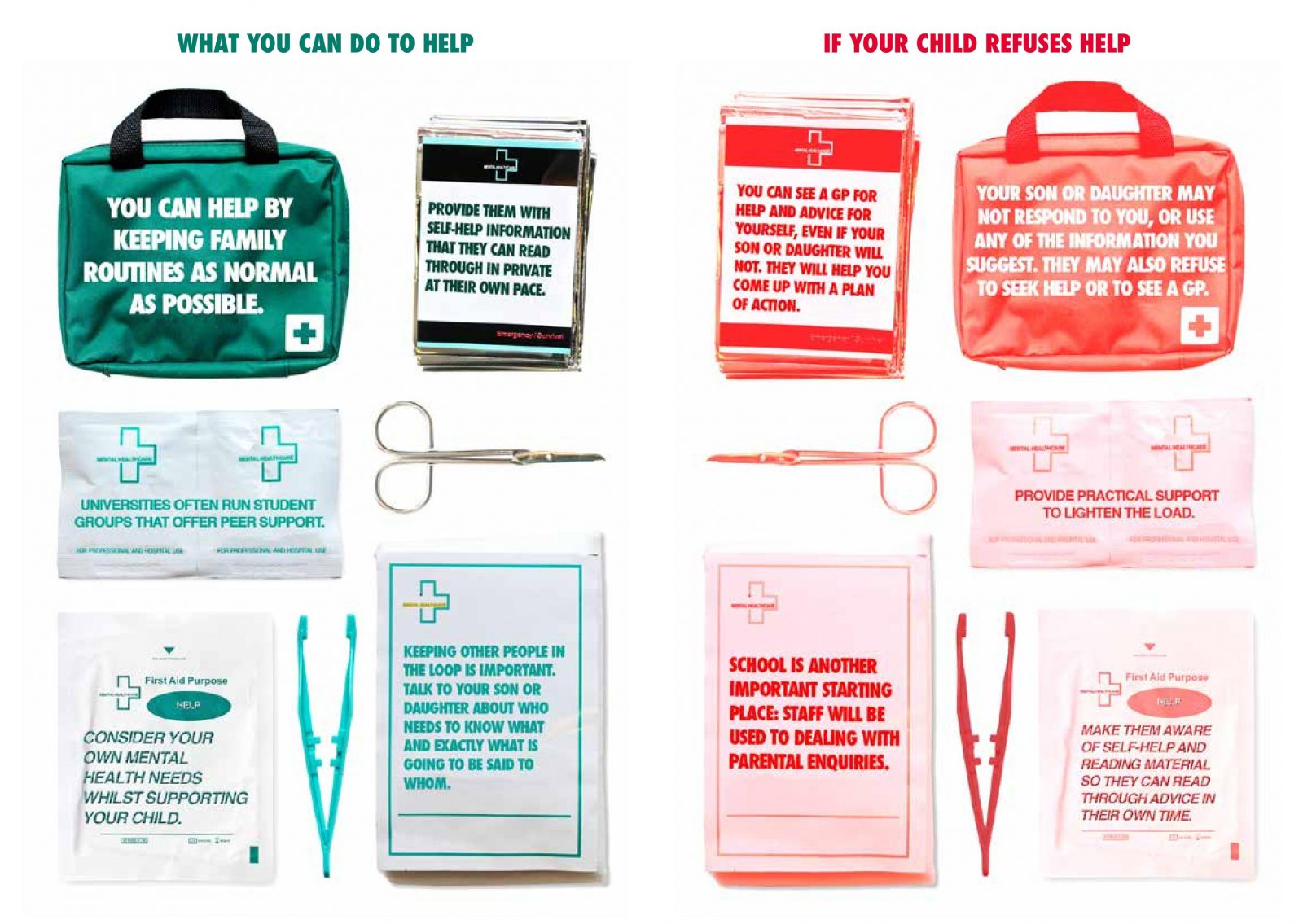
Things a parent shouldn’t say to their depressed child
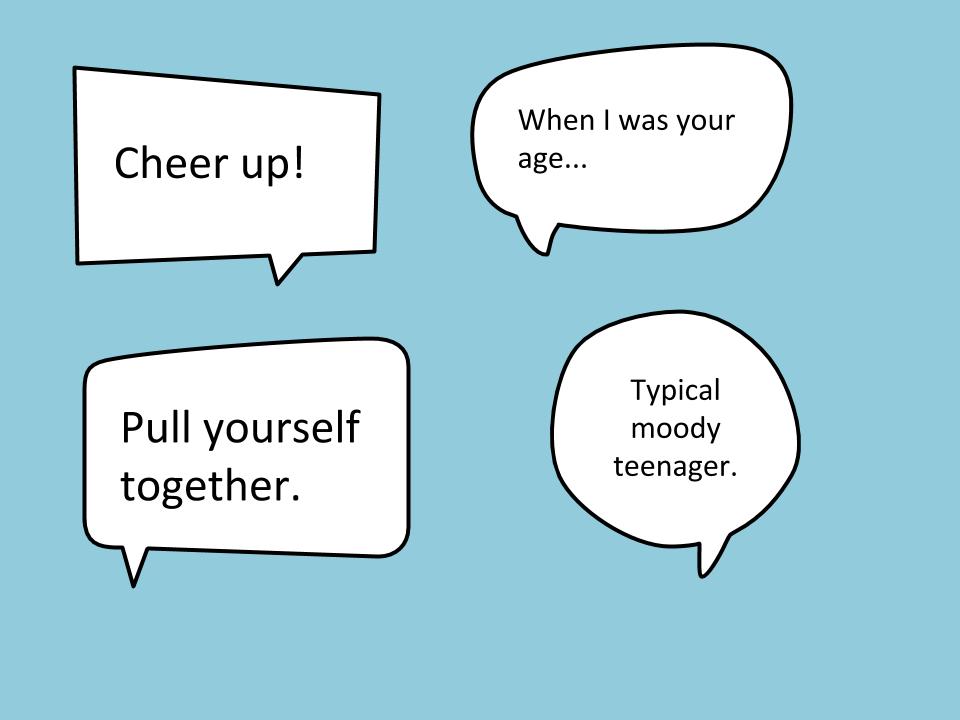
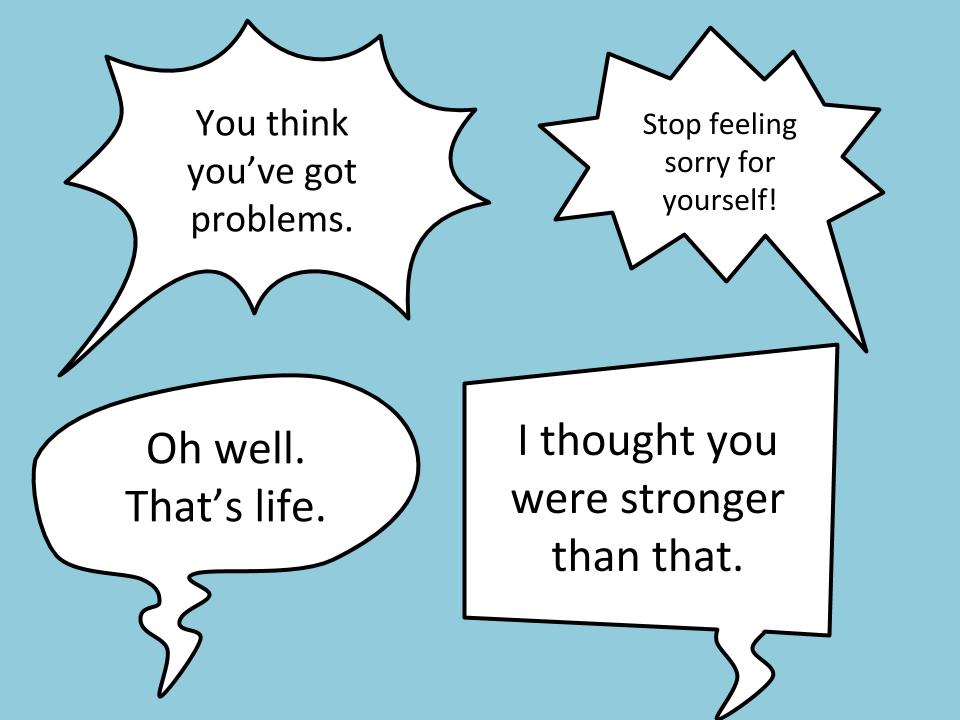
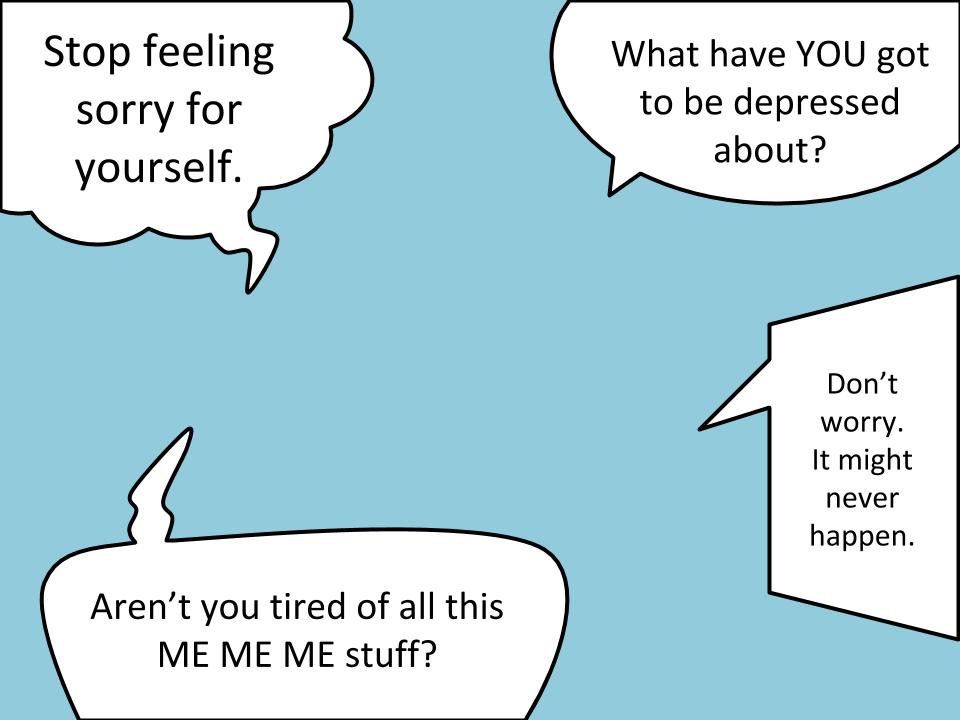
For more information advice and links:
www.youngminds.org.uk/for_parents
www.papyrus-uk.org/support/for-parents






